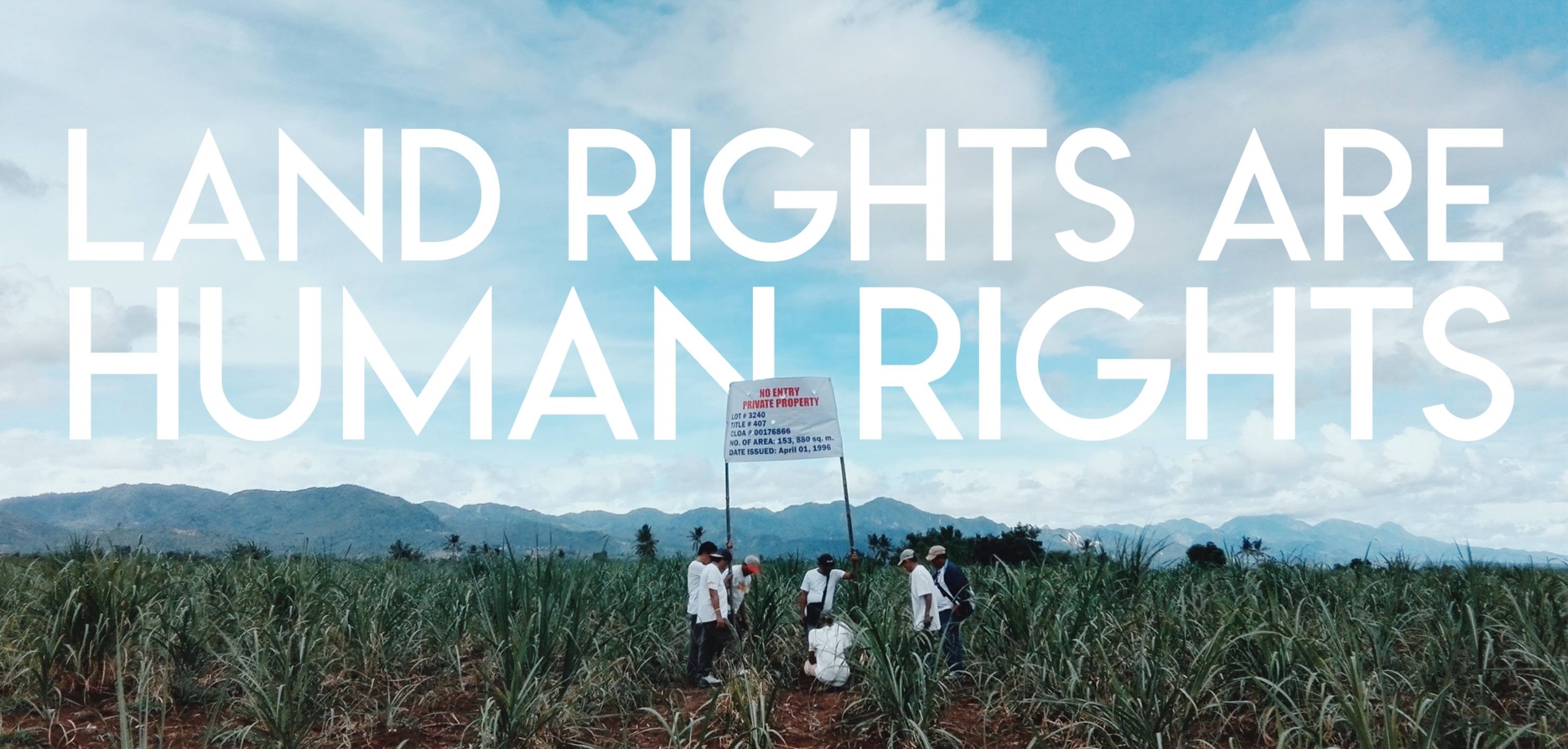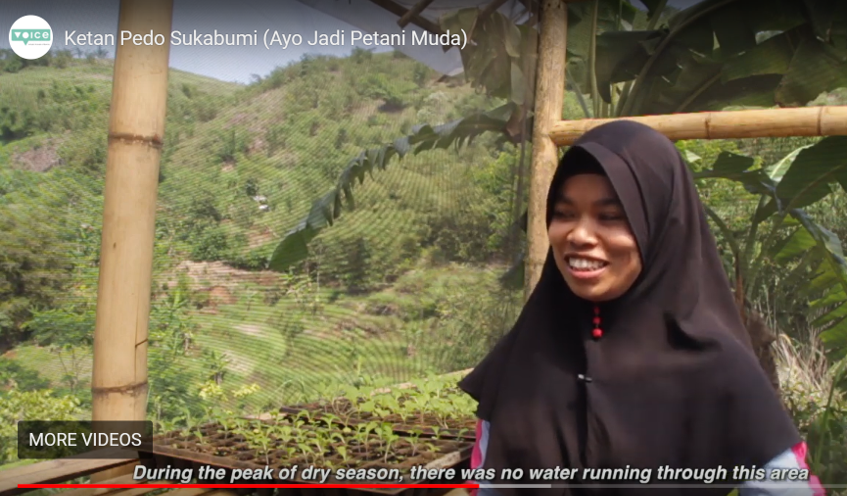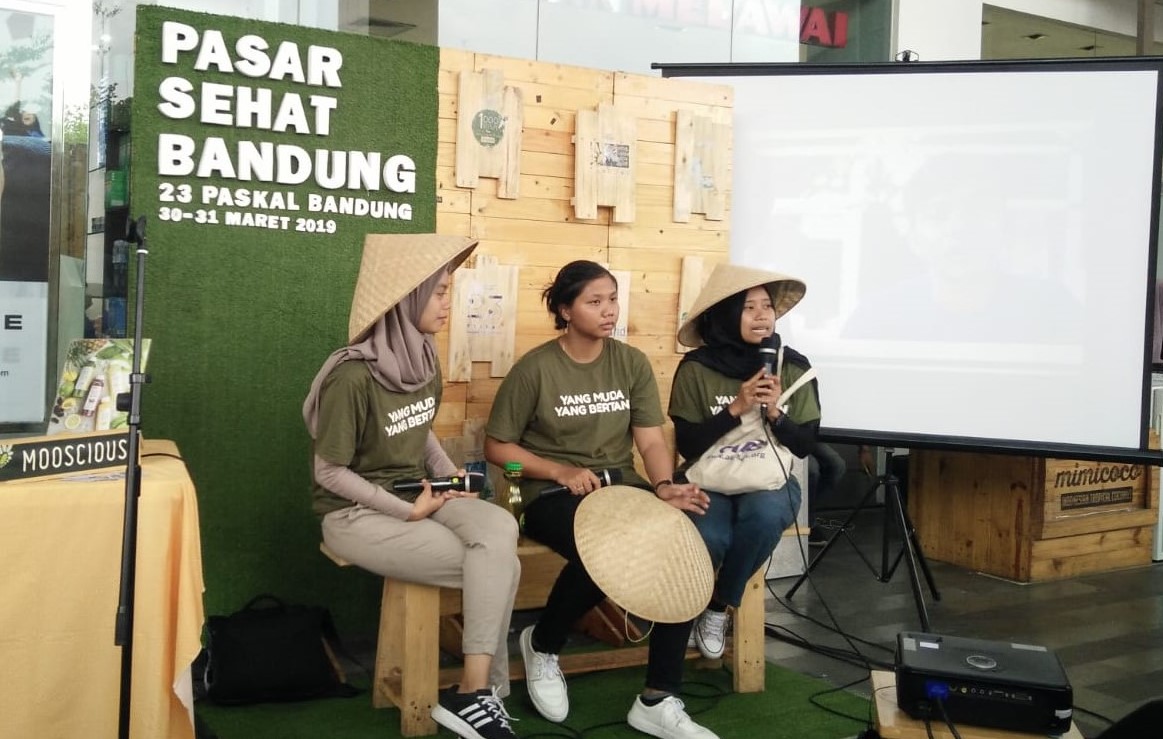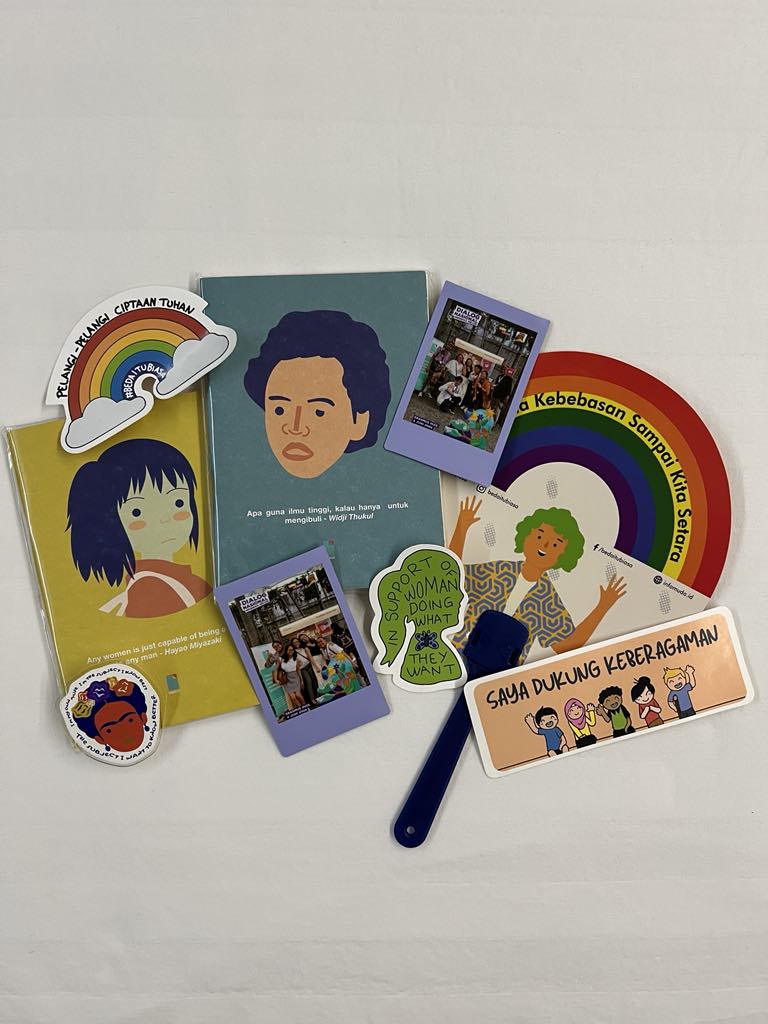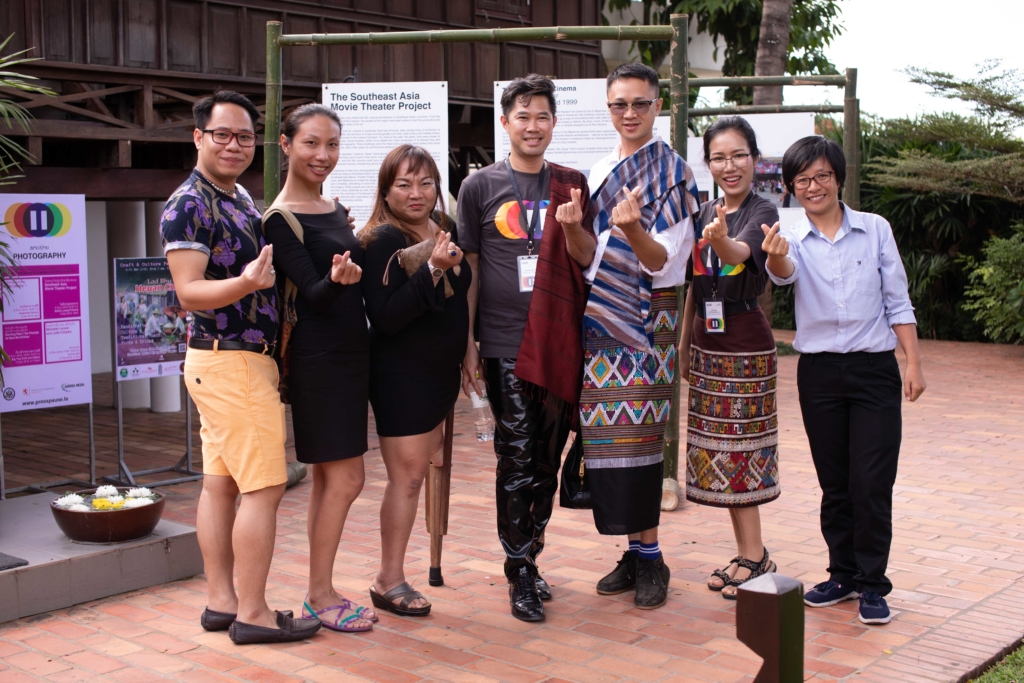Youth embrace farming after the ‘Let’s Be Young Farmers’ program
Ariya, a secretary sub Karang Taruna Mandala Cipta, Kulon Progo while speaking about the, Let’s be Young Farmers program summed up the impact the program has had by stating that,
“It triggers us to think creatively to develop our local potential. On the other hand, farming can be our career path in the future. We can innovate in farming and earn money from farming. We also can organize ourselves and our partners to move forward”
Prior to the program implementation the youth in Kulon Progo Regency did not see much of a future in farming and working the land was not considered a viable career option. A few youths who desired to farm faced the challenge of the poor rural infrastructure, access to land and low levels of farming expertise, technical knowledge and skills of modern farming. As a result of the ‘Let’s Be Young Farmers’ program young people now see a future and a viable career in farming.
Before the program Ardi, 23, a young farmer from Cibiru, Sukabumi had mentioned that in his village young farmers were very few and that others might not be interested in becoming farmers. Farming was not seen as a viable career choice. A study conducted by AKATIGA reiterated that the agricultural sector in the rural area had a high potential to offer young people future work but the youth who were interested in farming faced challenges such as access to land, low levels of knowledge, skills and technologies to innovate around farming as well as a poor rural infrastructure. They felt discouraged. AKATIGA worked with Komunitas 1000 Kebun (1000 Kebun Community) in Bandung and Karang Taruna Mandala Cipta in Kulon Progo as a model group, as well as a village in Kebumen and Sukabumi and was able to demonstrate potential.
As a result of the intervention, both youth groups in Sukabumi and Kebumen have successfully gained access to land. The government committed to offer support to youth to continue farming activities. This crucial support was missing in the past. The land made available for the youth on which they can plant sorghum was extended to 8000 meter squared from the initial 1600 meters squared. In order to support the marketing of the farm produce the government has connected to a business partner who will buy the sorghum. This should provide the youth with a steady source of income and an incentive to continue farming. The youth gained new skills in innovative farming methods such as how to make organic compost and pesticides after engaging with the program. By using the innovative methods, urban youth groups were directly involved in assisting rural youth groups. Involvement in the program gives the youth lots of experience, knowledge, and opportunities to learn innovative farming methods and to have new networks.
The local administration has changed its attitude towards the youth and now accord them greater recognition. Before getting involved in the program, almost all participants had never been invited to attend village meeting but this has changed. Now, the village government invites the youth to some relevant meetings. This has provided the youth with some opportunities to get involved in decision making processes in the village. Hopefully this will open other avenues for social and political engagement. Ardi concluded by saying in reference to the program,
I think this activity is very helpful to motivate young people to be young farmers.

